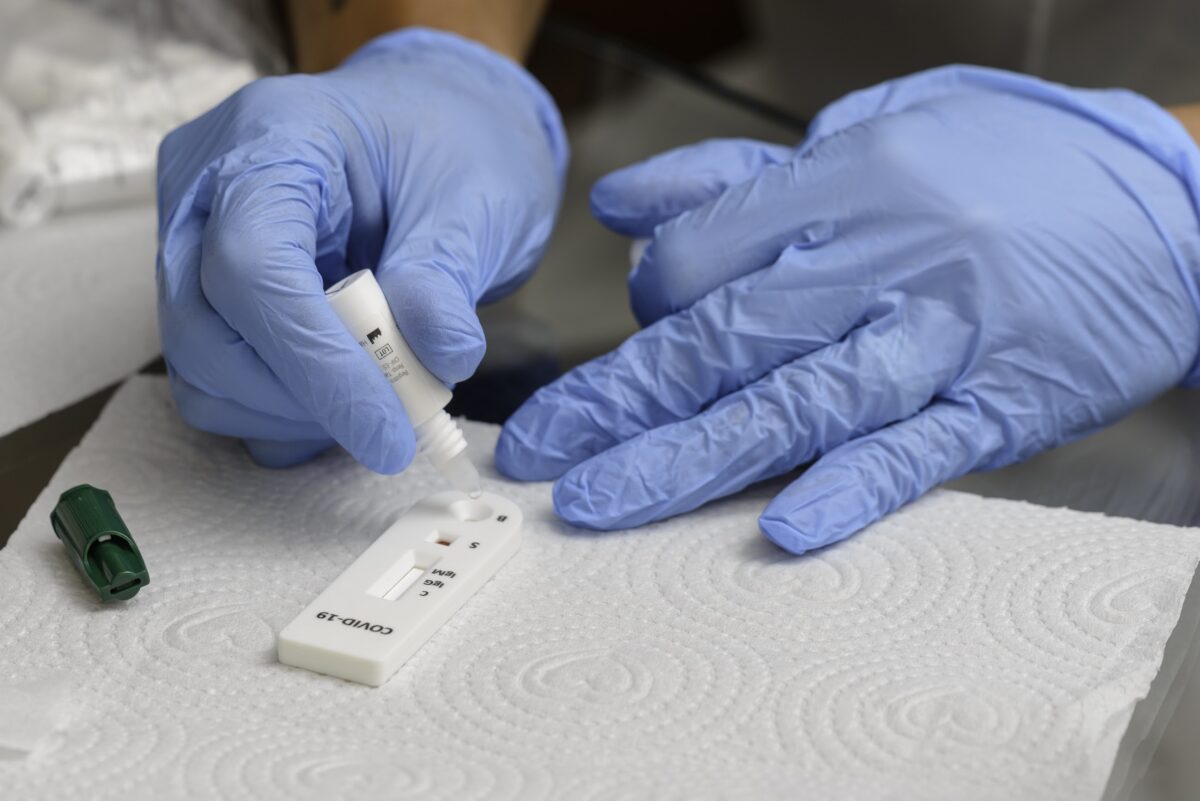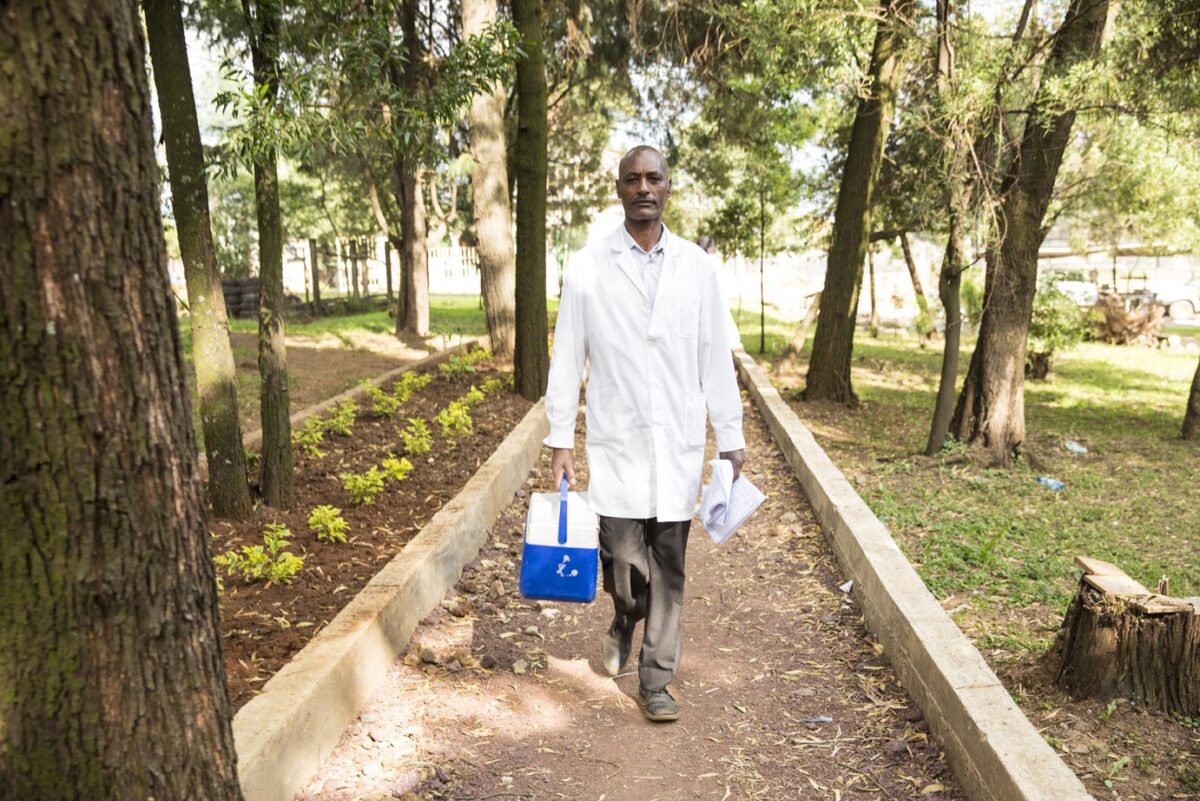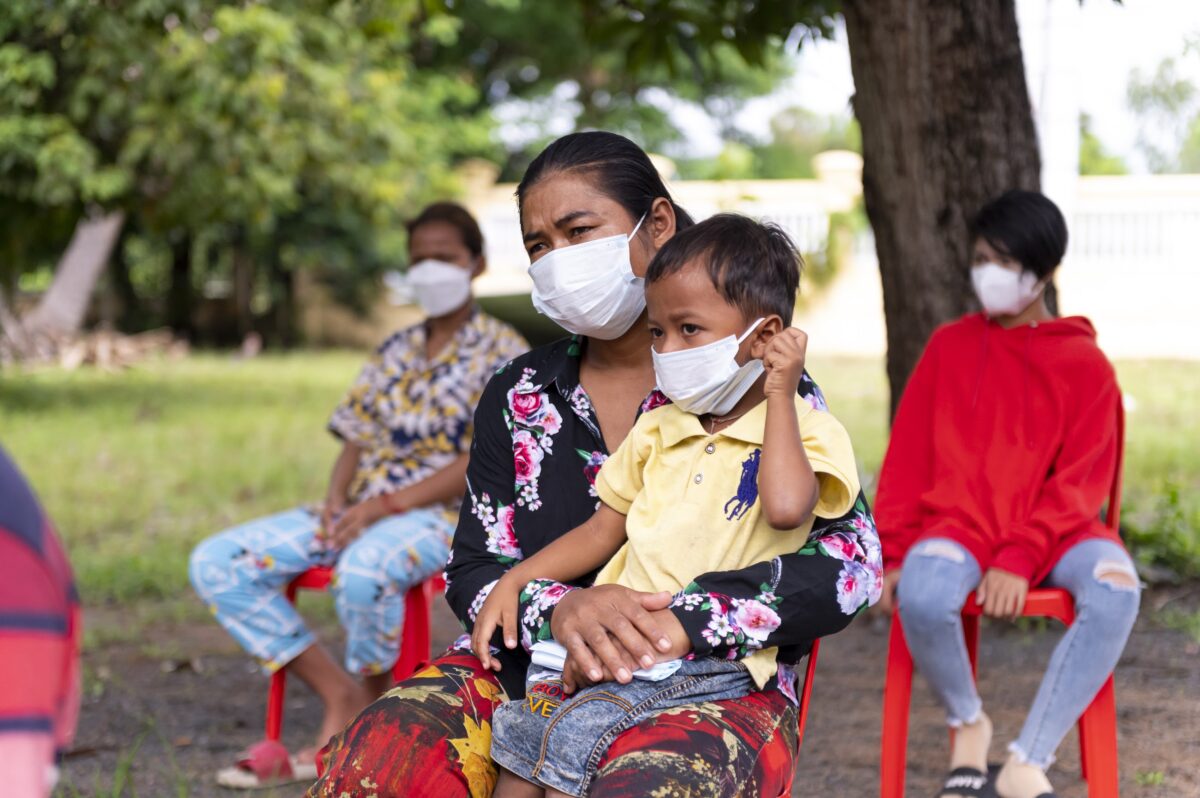To strengthen the frontline response against COVID-19 in several low- and middle-income countries, FIND and Unitaid made grants available in November 2021 to enhance testing and treatment.
The grants aimed to contain the ongoing spread of the SARS-CoV-2 virus, improve access to diagnostic tests and treatment and build capacity for programmes to test, trace and isolate patients with COVID-19.
The grants also addressed access inequality to tests and treatment and targeted countries in Africa, Southeast Asia, Latin America and the Western Pacific, where testing capacity was insufficient and life-saving treatments were practically unavailable.
Another aim of the grants is to generate evidence to strengthen World Health Organization (WHO) policies and guidelines.
The grants will generate high-quality evidence to inform WHO guidelines and national policies addressing the optimal approaches to scaling new testing and treatment solutions.
The importance of combining testing and treating was underscored by the development of new oral antivirals, such as molnupiravir, as these are simple to use and deliver to healthcare settings, and less expensive to produce. Developing this strong link is essential when effective medication becomes available.
The grants will use existing laboratory and testing networks to offer additional testing options, such as simple, accurate, and affordable antigen-detection rapid diagnostic tests (Ag RDTs) and COVID-19 self-tests.




